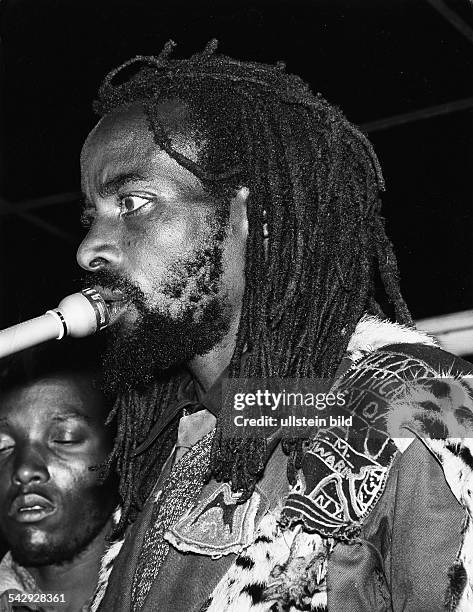Every nation has a story it prefers not to tell. Kenya’s story lies buried beneath our pride, hidden in the soil that once drank the sweat of those who fought for a freedom we sometimes treat like an inheritance not a miracle. Listen closely and you might still hear it in the whispers of those who dared to dream before freedom had a flag.
We love to name our heroes, don’t we? We have turned them into statues, schools, and street signs. We celebrate Jomo, Mboya, and Kenyatta every October with speeches and song. But tell me honestly, when was the last time you heard someone mention Dedan Kimathi beyond a classroom recital? Or Field Marshal Muthoni Kirima beyond a meme? The truth is, Kenya remembers its history like a selective friend. The victories are invited to dinner, the struggles are left outside in the rain.
The Mau Mau were not just rebels. They were visionaries in ragged clothes, believers who took oaths under trees older than the empire itself. They fought with machetes against machine guns and somehow still managed to shake an empire that spanned continents. Imagine the audacity. Farmers leaving their shambas, mothers smuggling food under baskets, children whispering warnings from the bushes. Their war was not in textbooks, it was in their bones.
Yet when independence came, who benefited most? The fighters or the fence-sitters? The ones who fought in forests or the ones who dined in conference rooms? Kenya got freedom, yes, but not fairness. Land changed hands not hearts. The colonial master left but his system wore a new suit and stayed for tea.
Picture an old Mau Mau veteran in Nyeri, seated by the roadside. His hands tremble as he unfolds a fading photo of his comrades. He laughs softly when you ask if it was worth it. “It was,” he says, “but not for us.” He points at the cars speeding past, politicians waving from tinted windows, and shrugs. The irony is heavy. They fought for the people and the people forgot them.
Why do we forget the roots that held us up? Why do we celebrate freedom yet ignore those who watered it with their lives? Maybe because remembering requires courage and courage is expensive in a country that loves comfort. It is easier to praise the present than to question the past.
And yet the past refuses to die quietly. Kenya’s forgotten revolutionaries haunt us through our unfinished battles. When we talk about land injustices, corruption, inequality, we are really talking about ghosts from the colonial blueprint. We just changed the accent.
Think about Tom Mboya. Young, brilliant, unstoppable. A man who dreamed of an Africa that could build its own destiny. His ideas frightened both colonizers and colleagues. He was gunned down at 39 but his vision still breathes in lecture halls and policy rooms. Or Pio Gama Pinto, a journalist whose words rattled the powerful more than any weapon. And Wangari Maathai, who fought trees and tyranny with equal passion. They were not troublemakers. They were prophets too early for their time.
Their revolutions did not end with bullets or bans. They evolved into classrooms, courtrooms, street protests, and art. You can still see their spirit in Nairobi’s graffiti, in the youth chanting during protests, in the bold humor of political cartoons. That defiance, that laughter in the face of power, is a kind of revolution too. Kenyans have mastered the art of complaining with a smile. It is tragic but also poetic.
So maybe the real question is not who we forgot but what we have become. Are we the nation our ancestors envisioned or just a well-lit version of the system they resisted? We shout about corruption on Twitter then vote for the same names next election. We praise heroes online then cross the road to avoid veterans selling flag pins. We say we want change but only if it does not inconvenience us.
Still, hope is a stubborn thing. You can see it in the young woman leading a climate march in Nakuru, in the boda rider who refuses to pay a bribe, in the student challenging a curriculum that skips uncomfortable truths. They may not carry guns but they carry conviction. The revolution has gone digital, poetic, and quietly powerful.
So perhaps Kenya’s forgotten revolution is not in the past after all. It lives in the courage to remember, to question, to laugh even when everything feels heavy. It lives in refusing to accept that this is the best we can be. Because it is not.
History, like a stubborn elder, keeps repeating the same stories until someone finally listens.
So listen carefully Kenya. The voices of your unsung heroes are still speaking.
The question is, are we still free or just comfortable?


